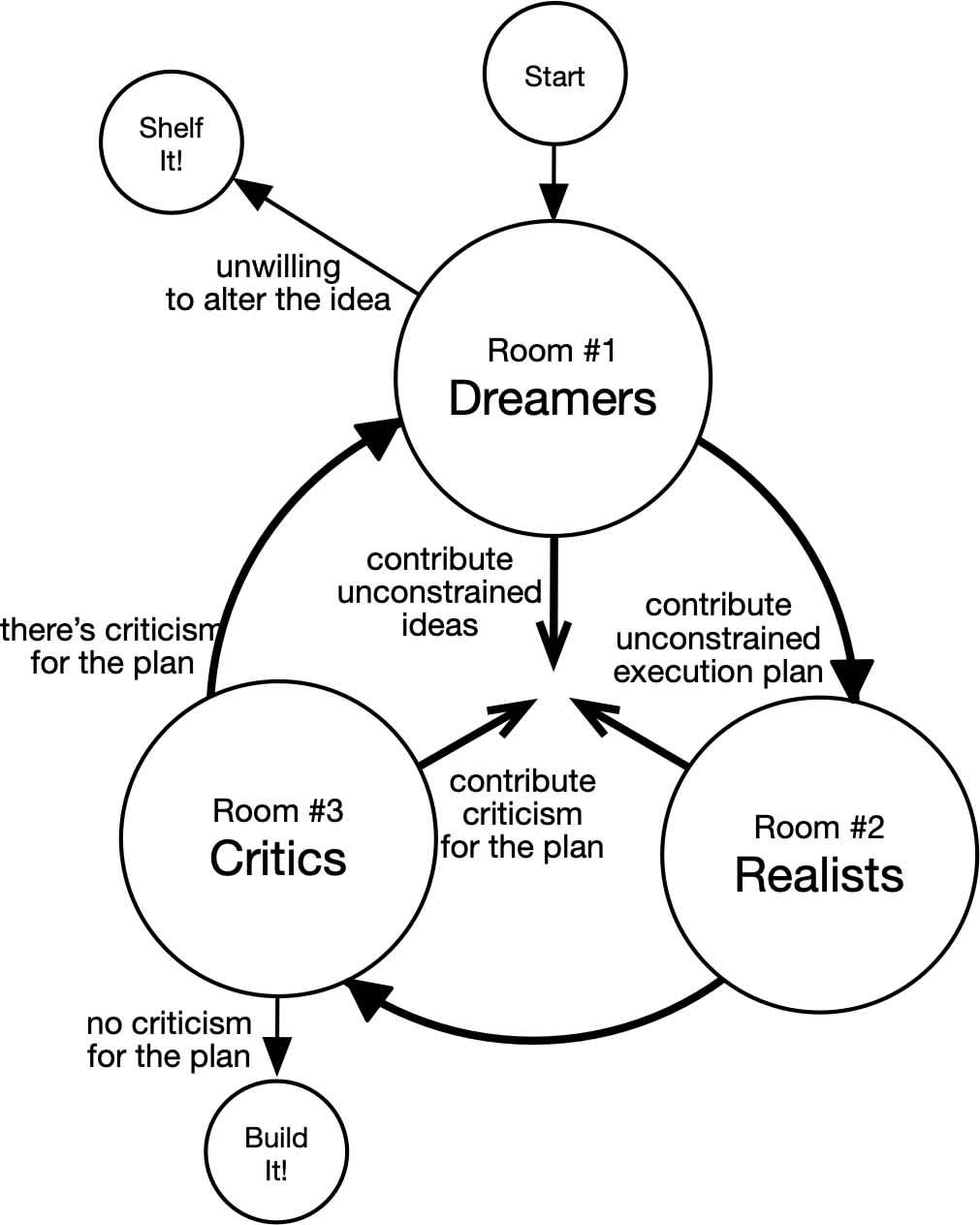Musings about Coaching
Check out our latest post
The team at the center

Reading time: 4 min
When talking about agile practices, the distinction between projects and products often comes up. The idea is that the limited lifespan of projects tends to be pushed onto the delivery team, which leads to the team being assembled at the onset and dismantled when the project completes. Agile practitioners advocate for a product view, where teams are dedicated to a specific product and deliver incremental value at a regular cadence, across initiative lifespans. This usually works really well, and I too favour a similar way of working in most cases. However, I have recently seen various examples of this idea being misinterpreted, which creates a situation in which teams struggle, largely due to their setup.
All articles

Coaching Distributed Teams
Reading time: 4 min
As the world goes into lockdown due to COVID-19 and organizations are asking their employees to work from home, new problems arise. Not least of which being whether the organizations we work for can handle the implications of everybody suddenly working from home.
The majority of my work is predominantly done remotely with the exception being when I am directly involved in team coaching or running workshops. I’ve also worked with and coached international teams and can understand the difficulties it raises. This is not a new problem, but it is one that is certainly front of mind as we scramble to deal with this crisis. Not everybody will thrive in a home environment, and at the very least, there is a period of adjustment. First, we need the necessities of internet connection, workspace setup and ensuring they can access the organizational system they need. Beyond that, for those people who usually do not to work-from-home, how do you handle coaching your suddenly distributed teams?
So, wi...

How to scale the transformation
Reading time: 4 min
Your organization is changing and undergoing transformation. You’ve rolled out Agile (Scrum and Kanban), you’ve scaled it (SAFe, LeSS, etc.) and even applied DevOps practices (you’re using Kubernetes right? Isn’t that DevOps?) Yet still, millions later, the purported value has yet to materialize.
So how come, after all this work, we still have not realized the value?
Despite all the evidence to the contrary, perhaps we are still stuck in old ways of thinking. Real transformation requires new ways of thinking about the problems and in the case of the examples above, have we really changed? (Kubernetes is an orchestration framework for containers and does not equate to having adopted DevOps).
With millions spent already, what are we missing?

Importance of Criticism
Reading time: 3 min
The past couple of weeks my children had to prepare and present short speeches at school. I encouraged them to practice and provided them some, what I considered to be, constructive feedback. However well meaning and positively framed, it didn’t go over too well. Watching my children learn to cope with constructive criticism reminded me about how we struggle so much with this in other settings.
It also got me thinking about one of the tools I’ve used quite effectively in both individual and team coaching. Sometimes known as the Disney Method but called by the course I learned it at, Tri-Position planning, the tool presents a useful way to help develop a vision and a plan to get there.